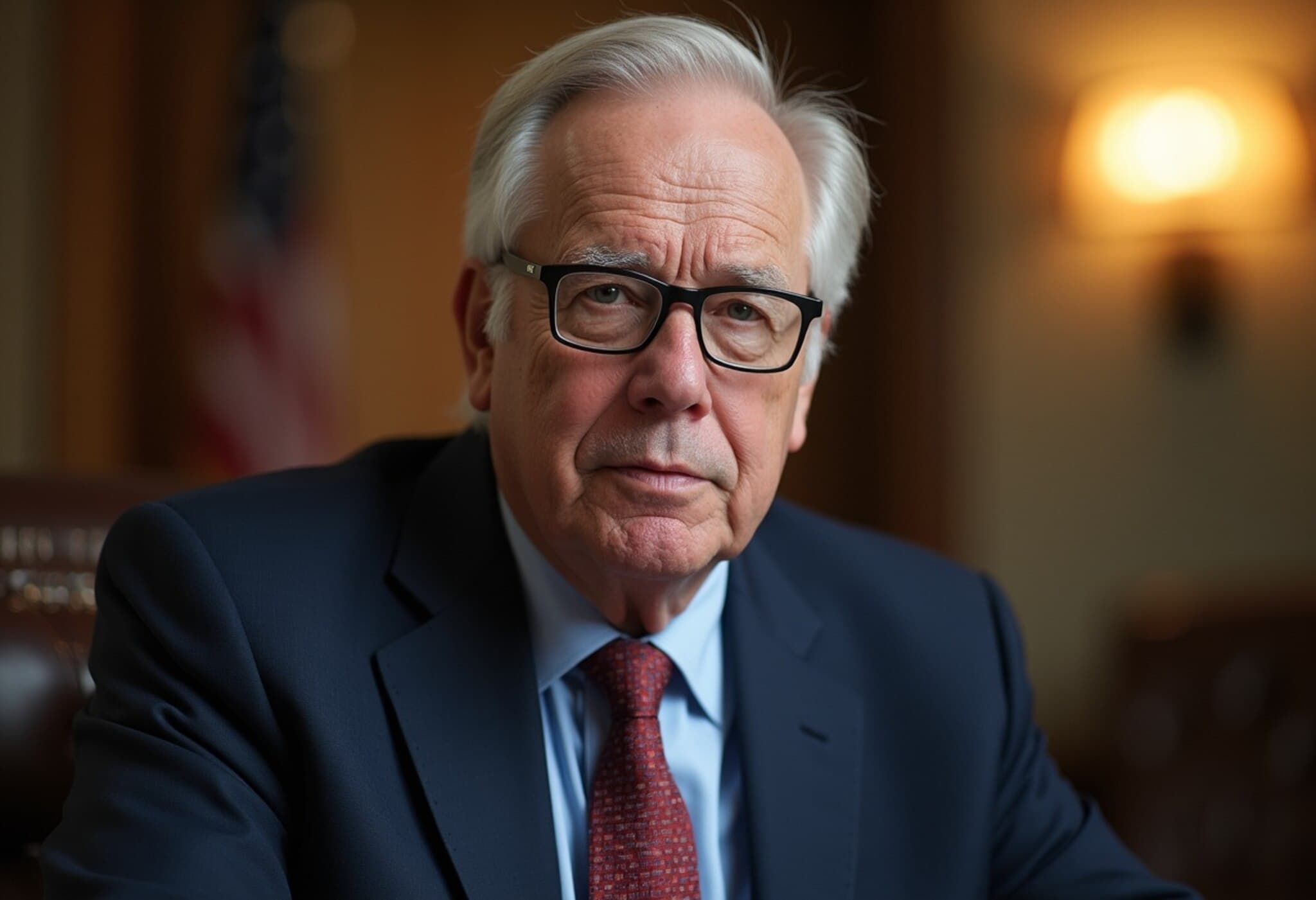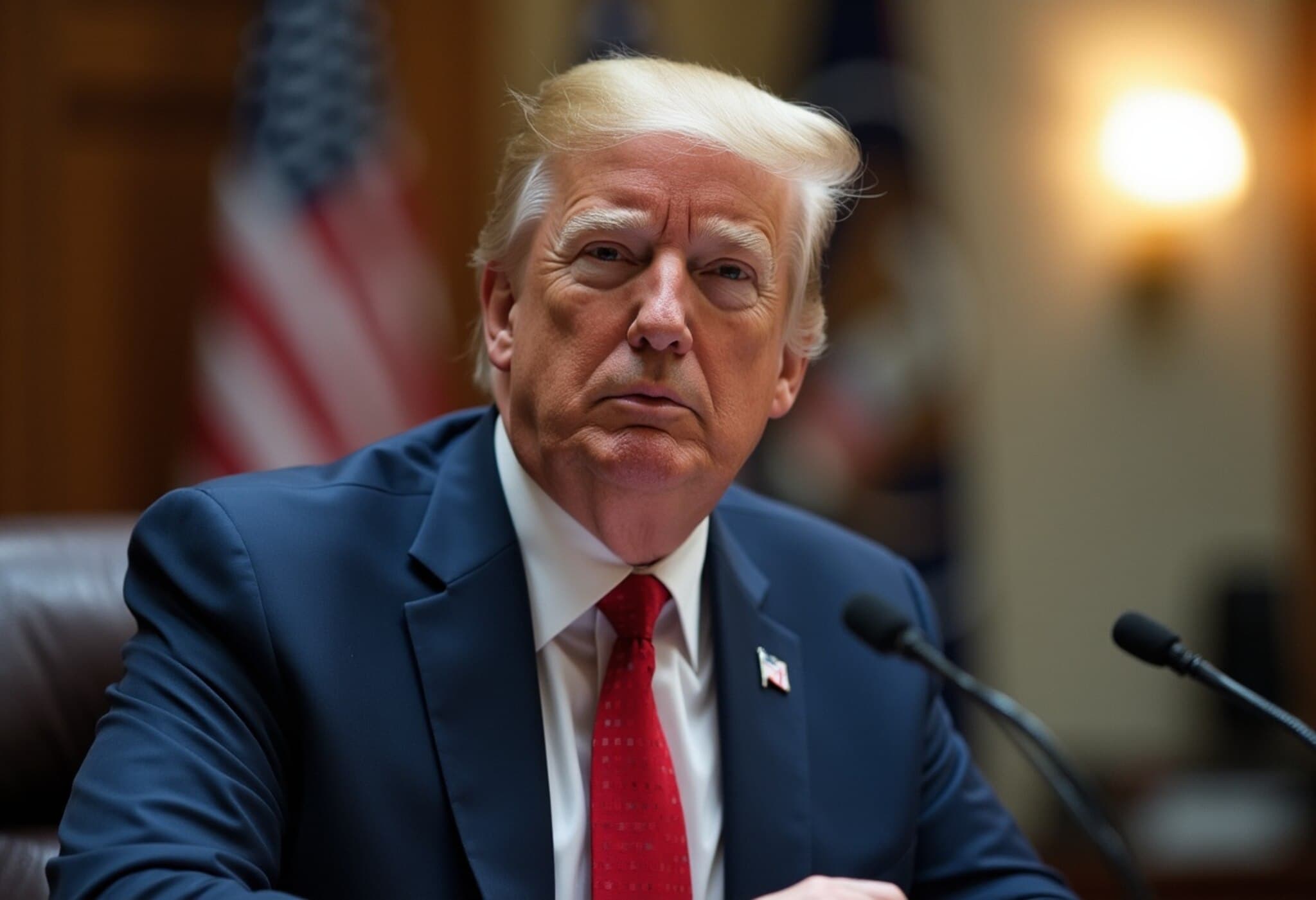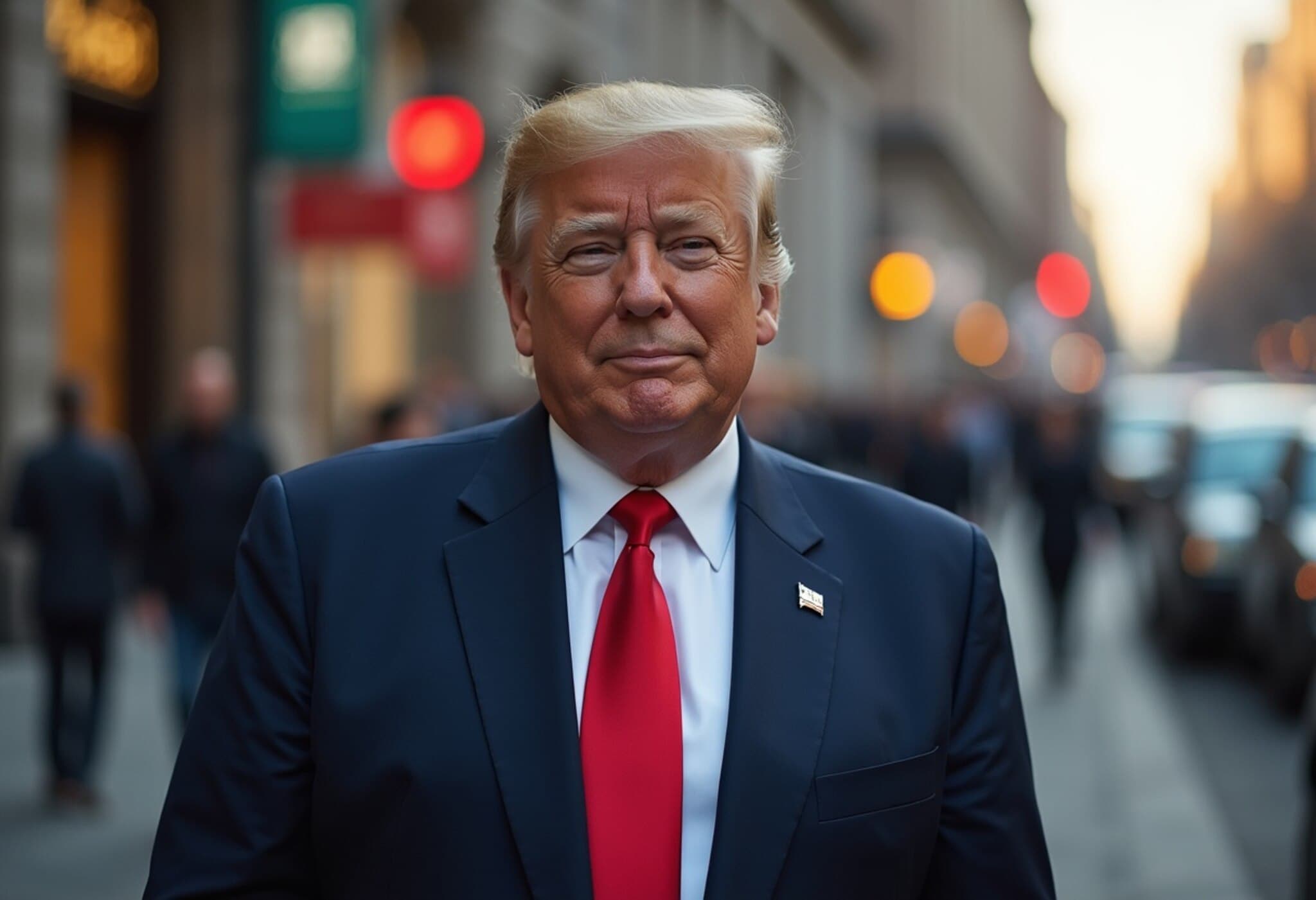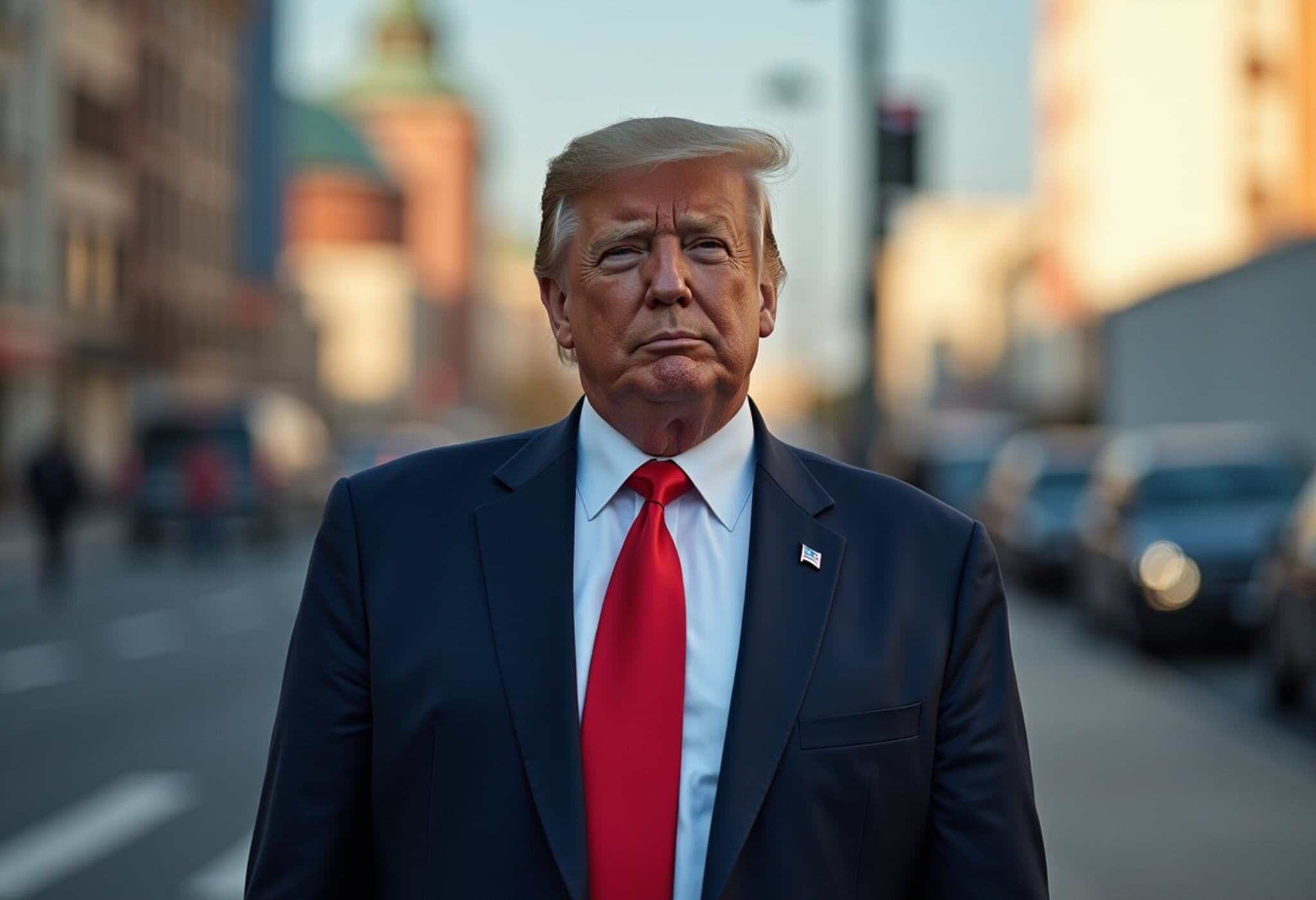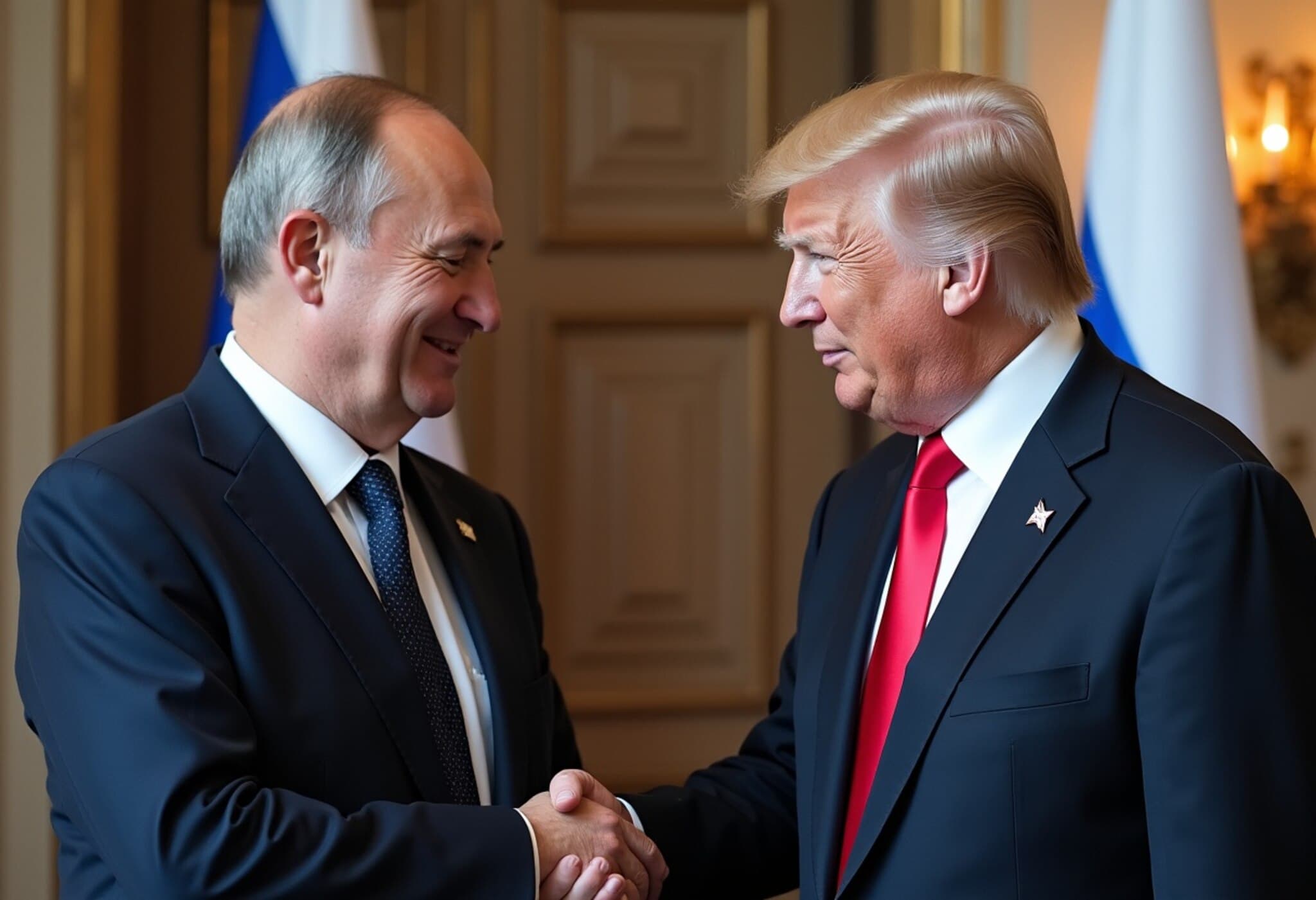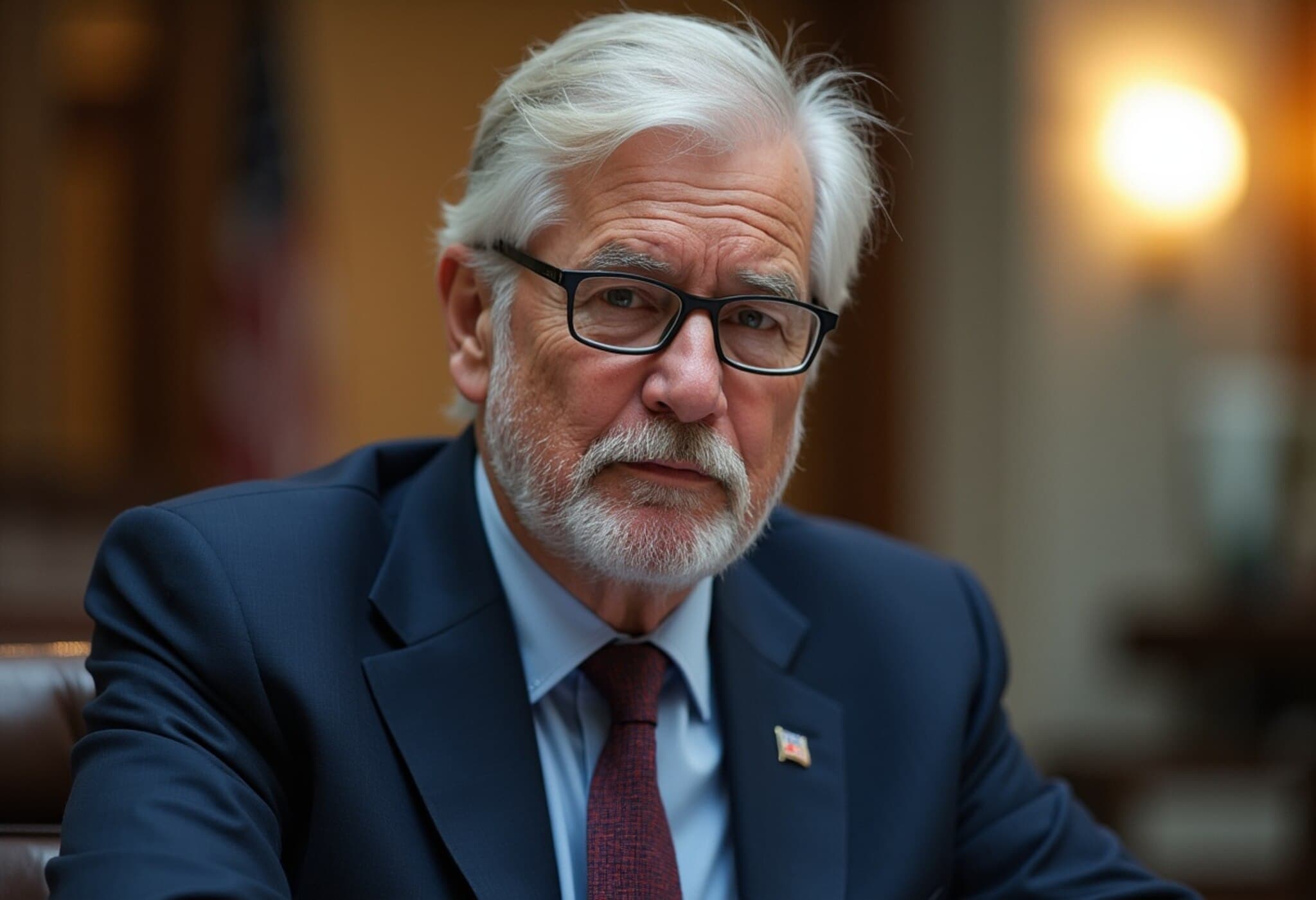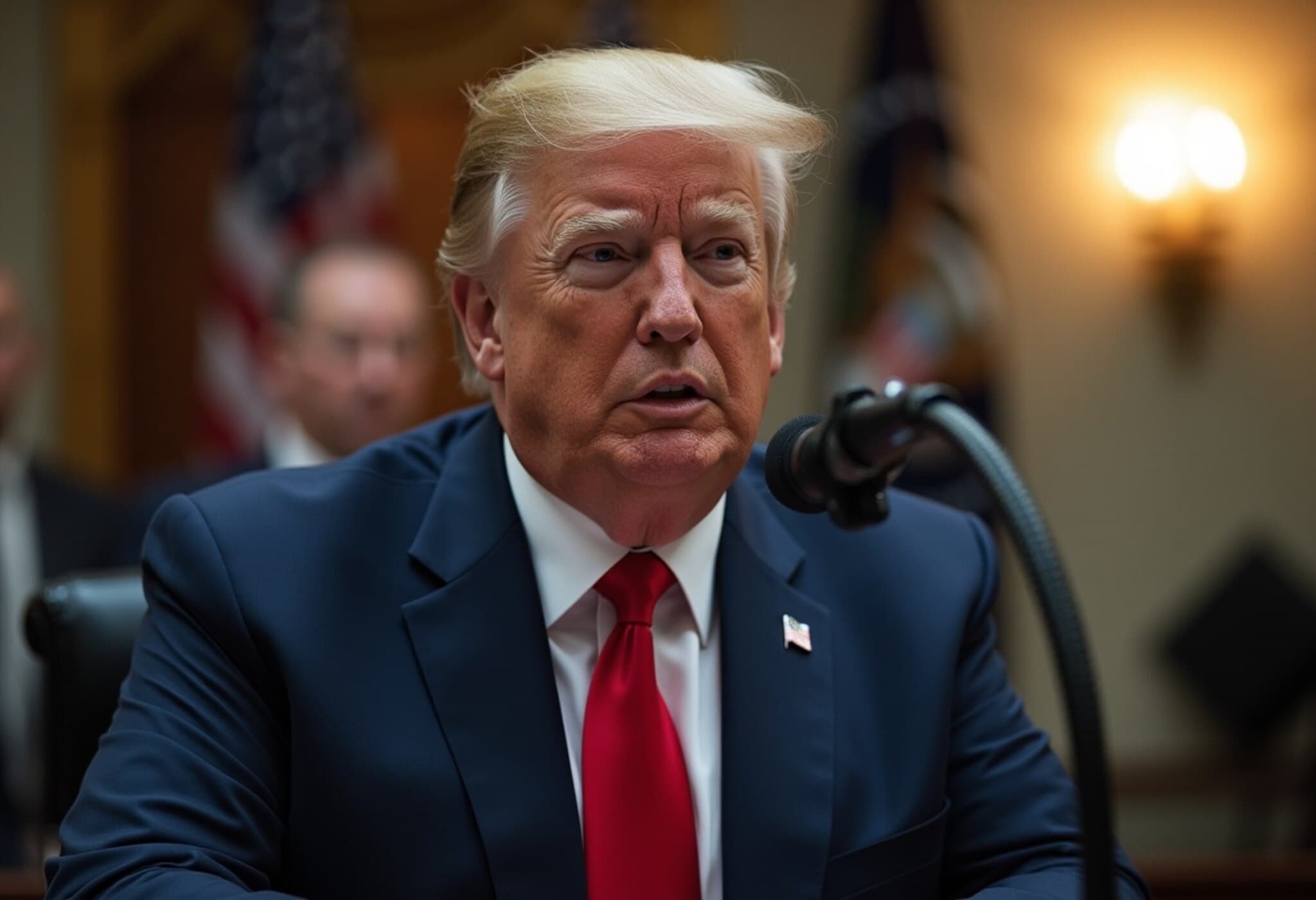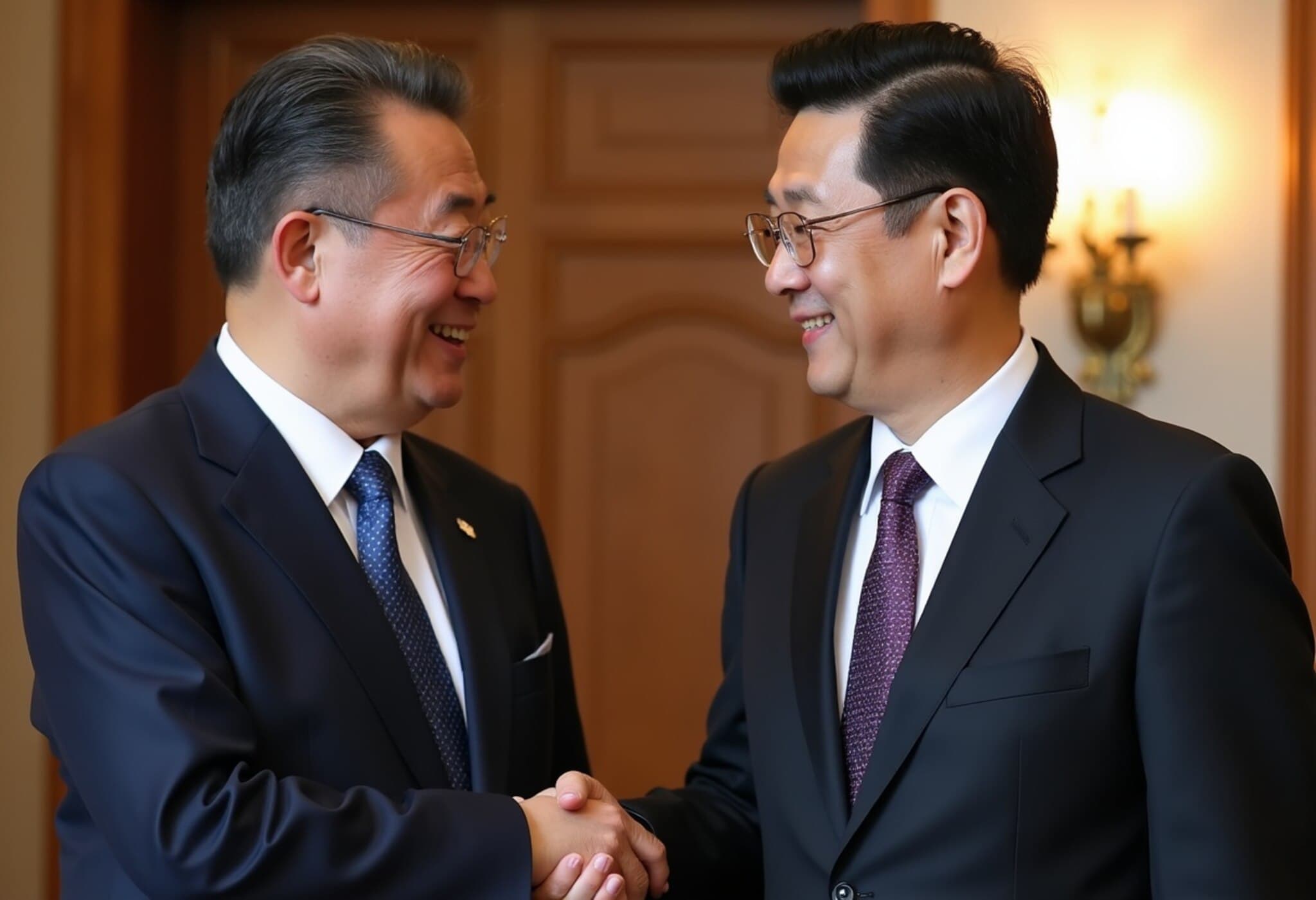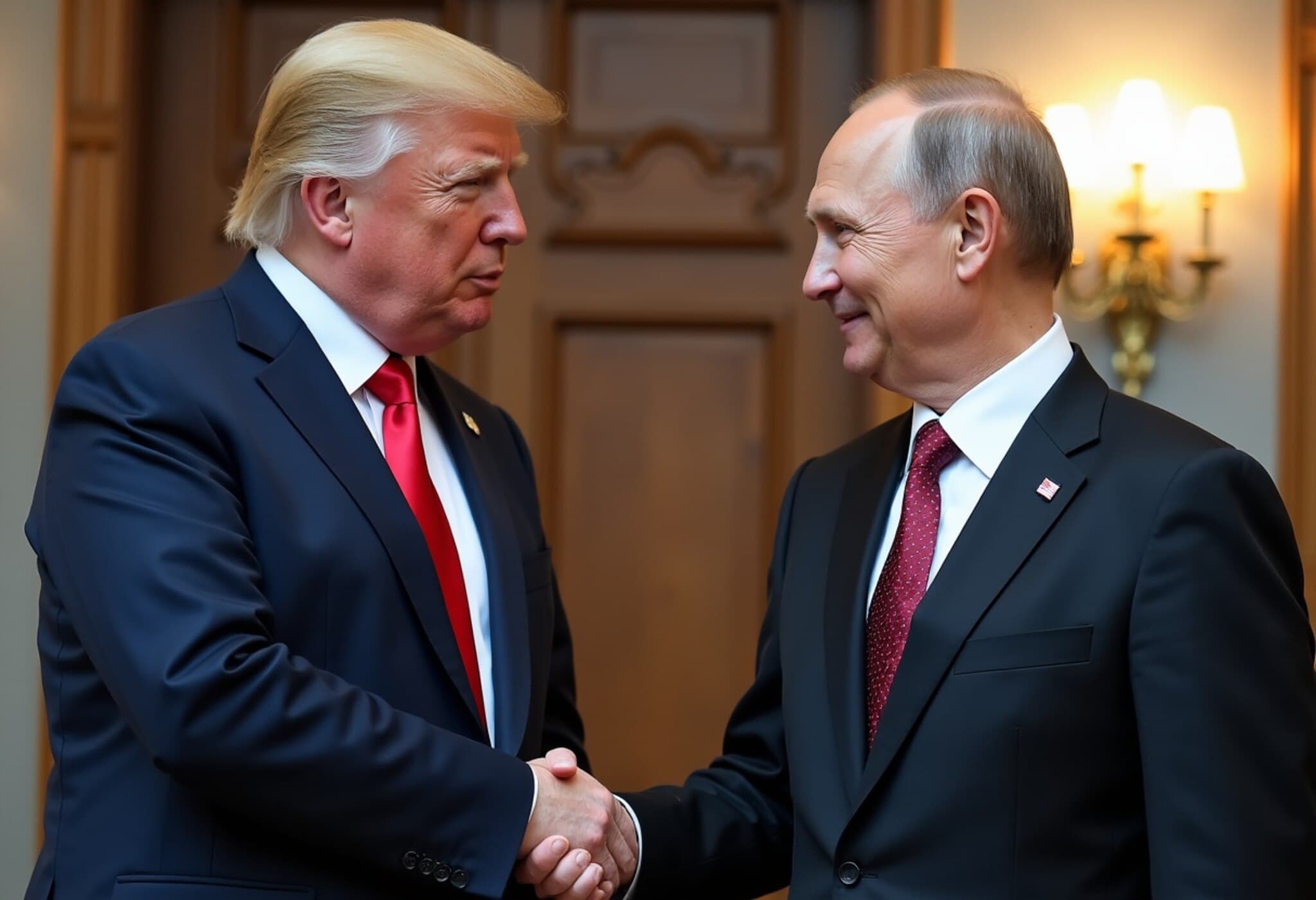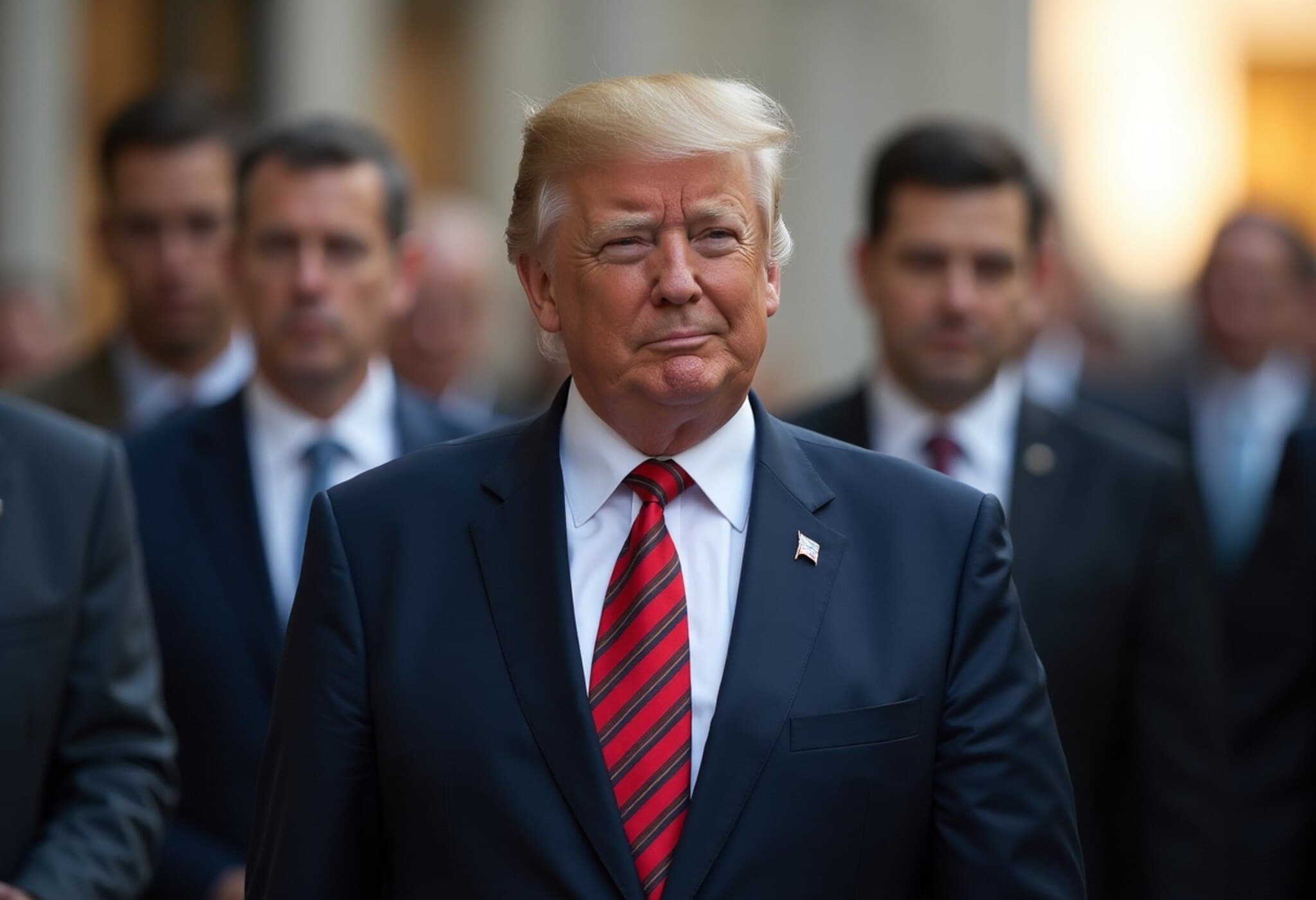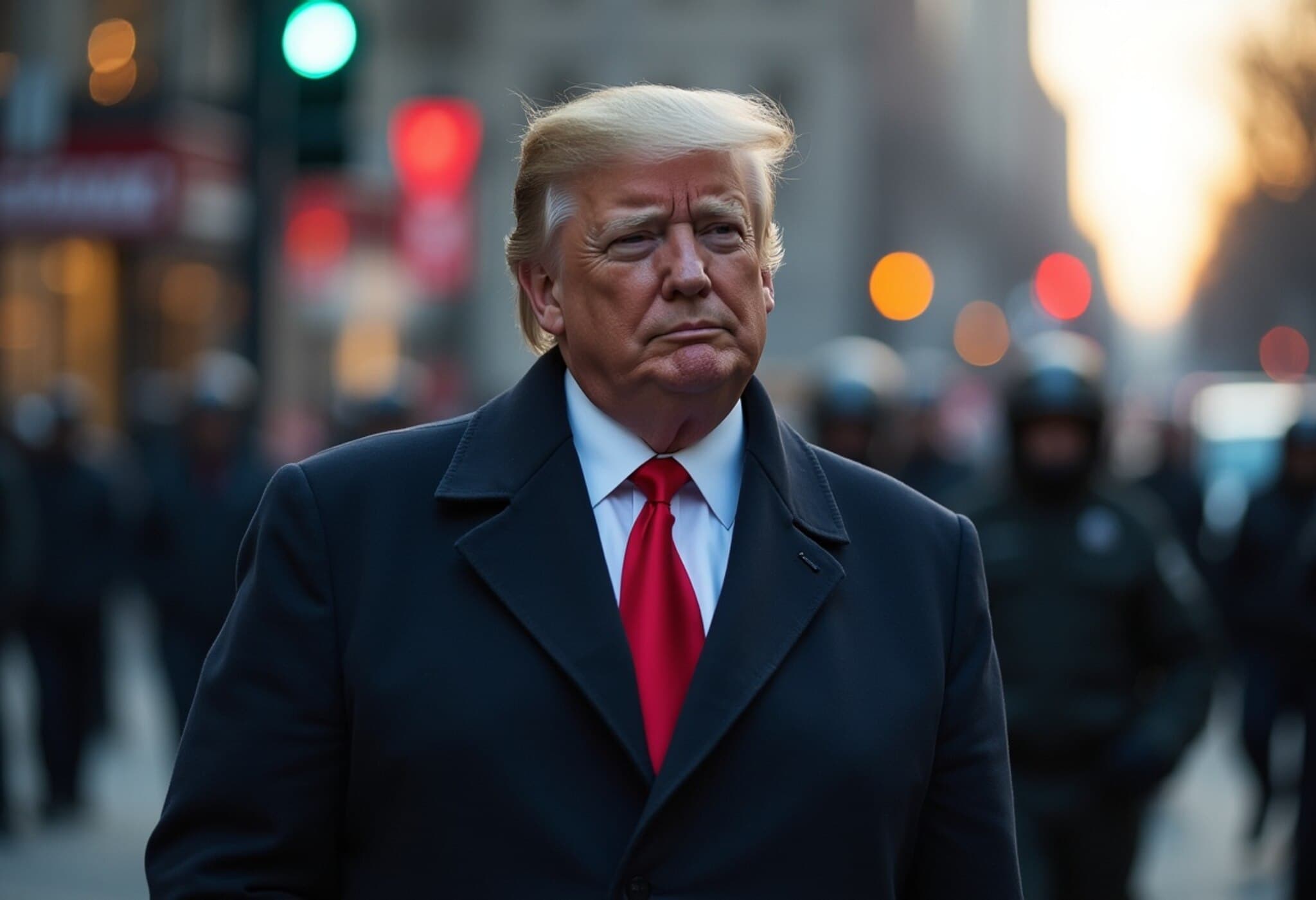John Bolton Dismisses Strategic Intent Behind Trump’s Tariffs on India and Outreach to Pakistan
In an exclusive interview with Firstpost’s Bhagyasree Sengupta, former US National Security Adviser John Bolton sheds light on the recent puzzling moves by President Donald Trump concerning India and Pakistan. Contrary to widespread speculation suggesting a recalibration of US strategic policy in South Asia, Bolton asserts that Trump’s sudden imposition of high tariffs on Indian imports and his overtures toward Pakistan’s military leadership stem from ambitions far removed from strategic statecraft — specifically, a drive to secure a Nobel Peace Prize.
The Sudden Shift: High Tariffs and Diplomatic Moves
On July 30, 2025, Trump announced a 25% tariff on Indian goods, effective August 7, accusing New Delhi of unfair trade practices — particularly restricting American access in agriculture and dairy sectors. The announcement jolted India–US relations, especially since such issues had not been flagged in the preceding months despite India’s continued purchase of Russian crude amidst the ongoing Ukraine conflict.
Adding to the surprise, Trump signed an executive order targeting India’s Russian oil imports, a move that critics noted as inconsistent given that neither China nor other US trade partners faced similar sanctions despite larger Russian energy purchases.
Bolton’s Take: Tariffs Are Not Strategy But Political Theater
Bolton characterized the tariff imposition as erratic and lacking clear rationale, pointing out that the tariffs were higher than those imposed on neighboring countries like Pakistan and Bangladesh. He emphasized that such decisions appeared to be unilateral and disjointed from any coherent foreign policy framework:
- “Trump sees international relations largely through personal relationships and immediate tactical gains,” says Bolton.
- “His decisions often ignore broader strategic consequences and long-term alliances.”
This perspective resonates given Trump’s historical pattern of impulsive policy shifts that catch allies and adversaries off guard.
India’s Energy Purchases and Congressional Pressure
Bolton explained that, during the first half of Trump’s term, the US President appeared focused on leveraging his rapport with Vladimir Putin to broker peace in Ukraine. However, this approach failed, leading Trump to impose secondary sanctions targeting countries importing Russian oil, including India.
Behind the scenes, US Congress was reportedly pushing for legislation enforcing tariffs as high as 500% on such imports. Bolton posits that Trump’s tariffs on India might have been an attempt to pre-empt congressional overreach and maintain executive control over sanctions policy — although it ultimately appeared inconsistent and poorly coordinated.
Impact on India–US Relations: A Gift to China?
In the delicate geopolitical chessboard of South Asia, Bolton warns that Trump's actions risk pushing India closer to longstanding rivals China and Russia at a time when Washington aims to cultivate stronger ties.
“By penalizing India economically, Trump inadvertently handed China a propaganda win to propose greater solidarity against US unpredictability,” Bolton observes.
India’s border tensions with China remain a significant regional flashpoint, and any perceived US instability or unfair treatment could grant Beijing leverage to deepen its influence.
Pakistan Outreach: A Quest for Peace — Or a Nobel Prize?
Trump’s overtures to Pakistan Army Chief Asim Munir, including hosting him in Washington soon after skirmishes between India and Pakistan, puzzled many analysts. Bolton dismisses this as strategic recalibration and instead calls it a “Nobel Peace Prize campaign” tactic.
According to Bolton, Trump’s engagement is less about US policy interests and more about constructing a personal legacy narrative of peace-making, often detached from on-the-ground realities:
- Trump’s Nobel ambitions have been a known recurring motif, with references to past and imagined conflict resolutions.
- His personal interactions and flattery form the cornerstone of his diplomatic approach rather than substantive strategic planning.
Trade Tariffs: Misunderstood Economic Tools
Bolton elaborates on the economic misconceptions underpinning Trump’s trade policies. He notes that tariffs, often seen as protective measures, ultimately function as taxes on consumers, potentially harming domestic manufacturers reliant on global supply chains.
Bolton critiques Trump’s simplistic view equating trade deficits with losses and surpluses with profits, overlooking complex economic interdependencies.
Conclusion: Unpredictability and Consequences
John Bolton’s expert insights expose a pattern of impulsive decision-making by President Trump, prioritizing immediate political gains and personal legacy over consistent diplomatic strategy. While the tariffs and outreach have drawn intense attention, the underlying narrative points to a leadership style that often neglects the intricate geopolitical and economic realities, risking long-term damage to crucial alliances.
Editor’s Note
Bolton’s candid assessment invites deeper reflection on how US foreign policy in South Asia is navigated amidst domestic political ambitions and global power shifts. For policymakers, the critical challenge remains balancing transactional politics with strategic foresight — especially as India, Pakistan, China, and Russia continue to shape the regional order. Readers are encouraged to consider: How resilient are international alliances when shaped by the personal ambitions of leaders? And what mechanisms can ensure sustained, coherent diplomatic relations in an era of unpredictable policymaking?

